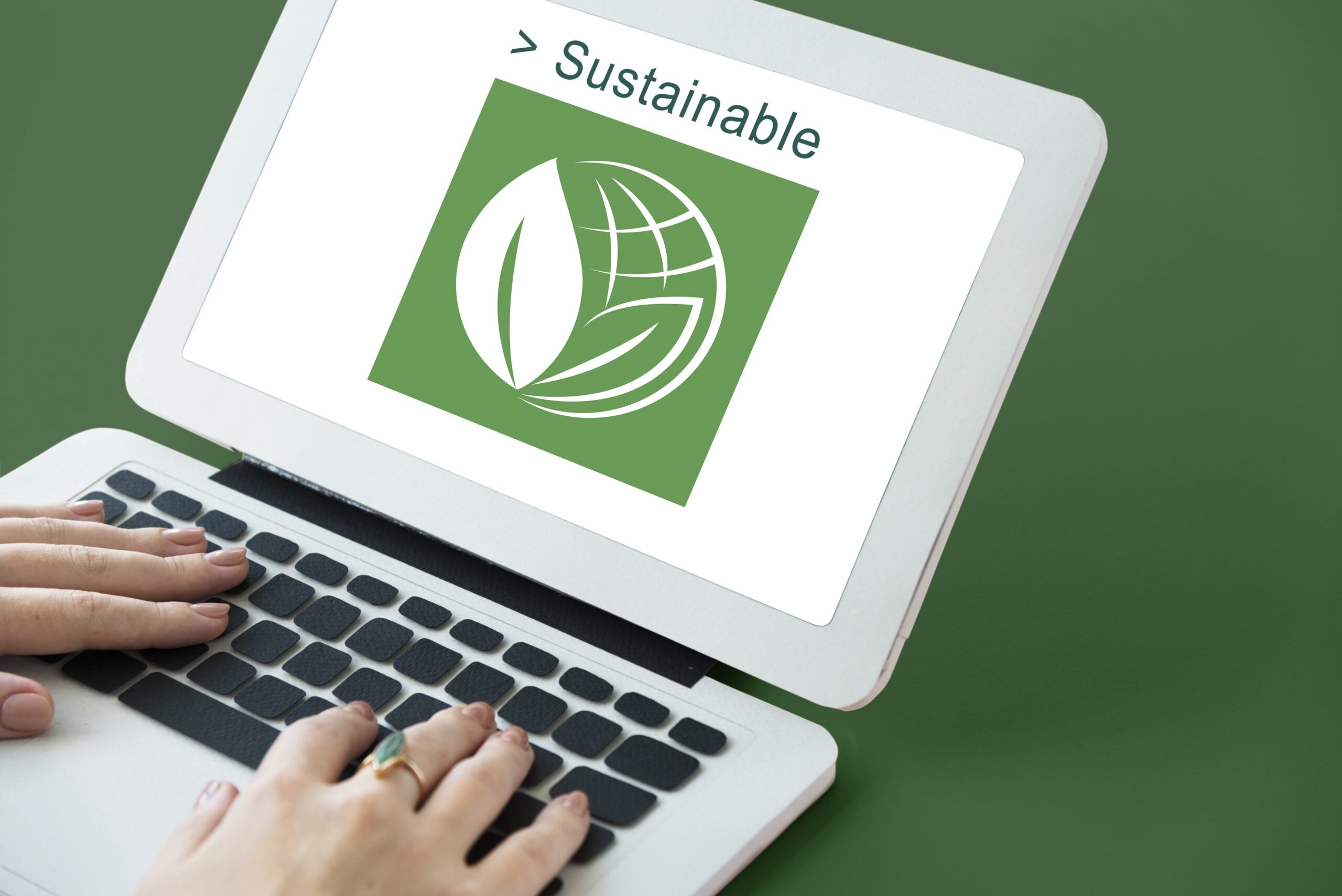While the crackdown on greenwashing, the act of marketing brands as more eco-friendly than they actually are, is underway, another sustainability-related trend is emerging. Following fear of being publicly called out for underdelivering on green pledges, green-hushing is the latest communications phenomenon brands and PR professionals should have on their radar.
This edition of Muse explores the dawn of green-hushing and how to recognise it.
What is green-hushing?
Green-hushing refers to companies adopting a radio-silence approach to sustainability initiatives through avoidance or refusal. Though not a novel concept, the term has reportedly gained widespread attention after the carbon finance consultancy South Pole underlined the trend of green-hushing in its October 2022 global report.
Surveying over 1,200 companies from different sectors in 12 countries, the report revealed many businesses set net-zero targets because it provided opportunities to show leadership and reflected the demands for eco-friendly products or services. However, a majority of them wouldn’t publish their progress towards the targets they set.
Is there a link between green-hushing and greenwashing?
According to the digital platform focusing on sustainability education Corporate Governance Institute, the relationship is complex.
Though companies green-hush to avoid greenwashing accusations, some critics have pointed out that keeping progress off the record is a form of greenwashing due to the absence of a rigorous benchmark.
The Institute revealed companies that green-hush think being open about sustainability targets and progress brings more risks than values. Even if these companies are confident in their acts, they hesitate to publish them for fear of audiences finding their information exaggerated. This results in their decision to avoid the topic entirely.
Why does green-hushing matter now?
Green-hushing can put companies at odds with their environmentally conscious stakeholders because it erodes stakeholders’ trust; transparency is essential for developing and maintaining trust, and green-hushing conceals information on carbon footprints or sustainability initiatives. Ultimately, it also denies the responsibility to mitigate environmental impacts.
Green-hushing attempts can also undermine environmental protection measures and sustainability regulations, making it harder for regulatory bodies to evaluate compliance and hold companies accountable.
Neither exaggerating nor staying quiet about your climate actions benefit the sustainable future that stakeholders worldwide strive to achieve.
Besides recognising your efforts and investments, publishing your sustainability progress is believed by the carbon finance consultancy South Pole to empower your peer groups to follow suit.
Continue reading our next blog for tips on sustainability communications.


